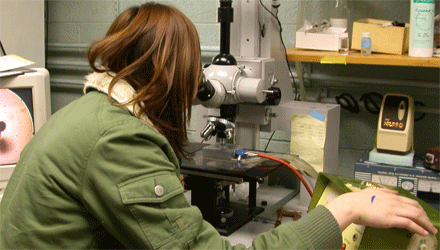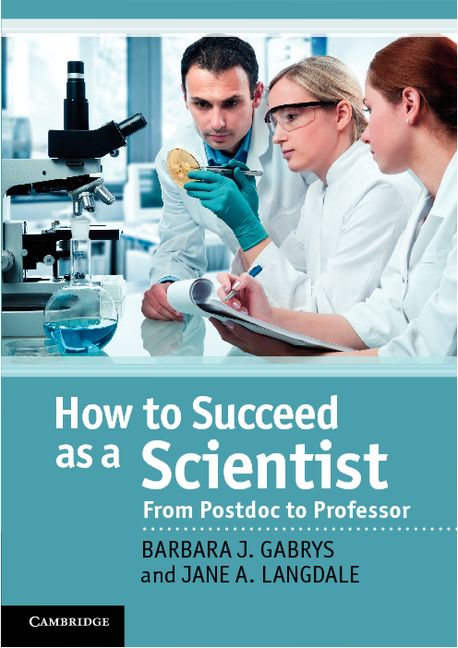

“I wish a book like this had been available when I made the transition from research fellow to academic. I think this book should be compulsory reading for every new academic in the sciences area.”
This quote, from one of referees of the book proposal, says it all – that’s why Jane and I bothered to write this book. My personal journeys through the snakes and ladders of a career in the sciences could have been smoother if I had a good idea what it is all about. Having moved through three countries and worked at several universities, I wish I would have been armed with some key tools. A lot of material which made it to this book would already have been useful at a PhD stage. Everybody assumes you know what your supervisor wants, and how to do it; even more so when you become a postdoc. Then you are like a medieval journeyman, travelling from one master to another to hone your skills until finally becoming a master.
This would be fine if we had years to learn and copy the master’s skills. In reality, time is short, and pressures on achieving results and publishing in respectable journals are high. Hence, in How to Succeed as a Scientist, we have put together an essential toolkit which will enable you to get a job done (whether that’s writing, presenting, teaching—to mention just a few). Then we list more resources that we have found helpful for deepening your understanding and mastering a given task.
These are like a roadmap with the signposts:
Our book also helps you find your own strengths through:
There is fierce competition for positions where transferable skills are asked for, which are going to make a difference between a success and failure. While the book is focused on academic careers we have not forgotten about other careers, in industry, government or other institutions.
Our book is intended as a handy guidebook – so keep it close to hand at your desk!
Latest Comments
Have your say!